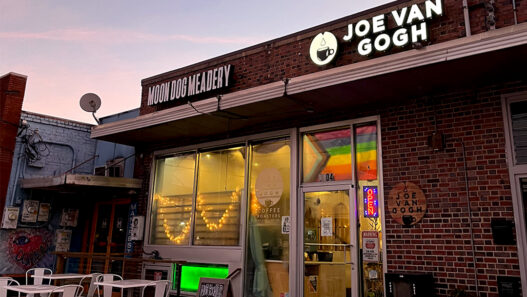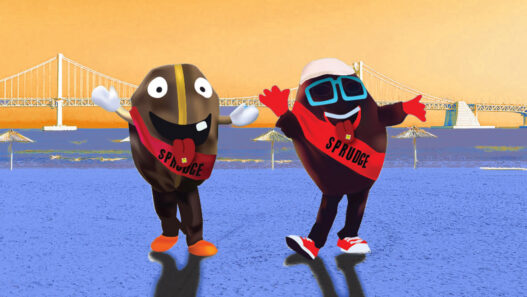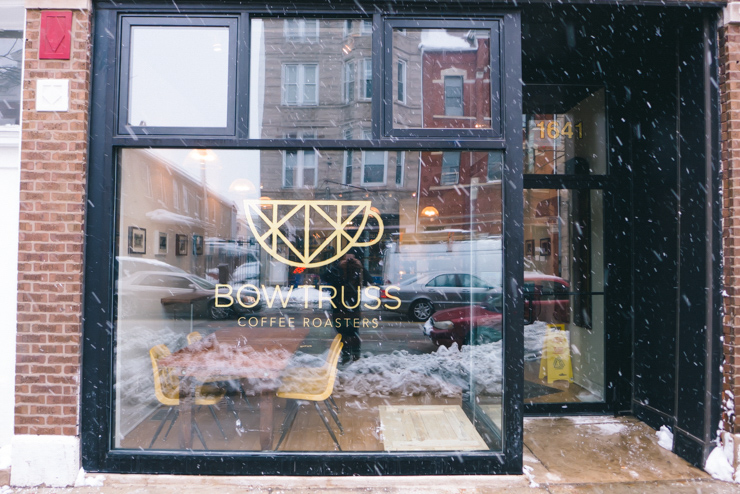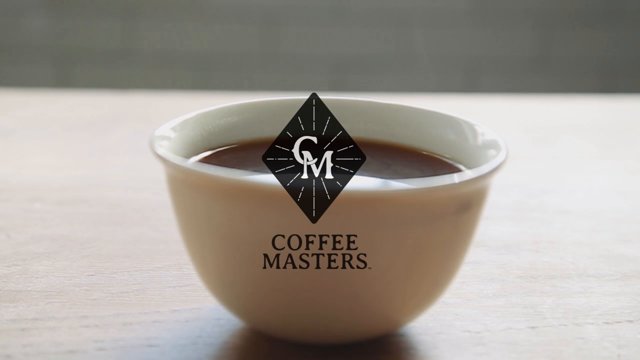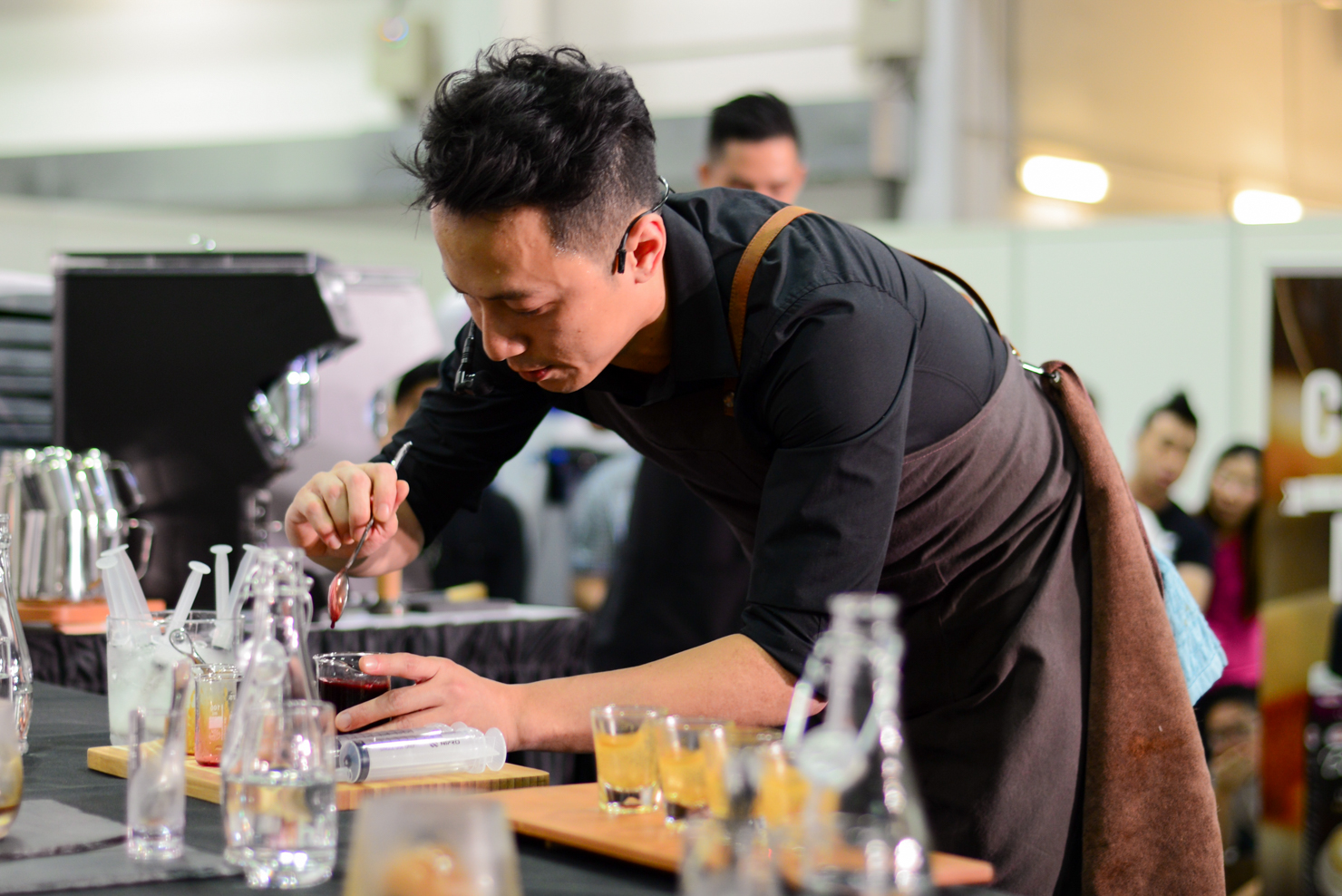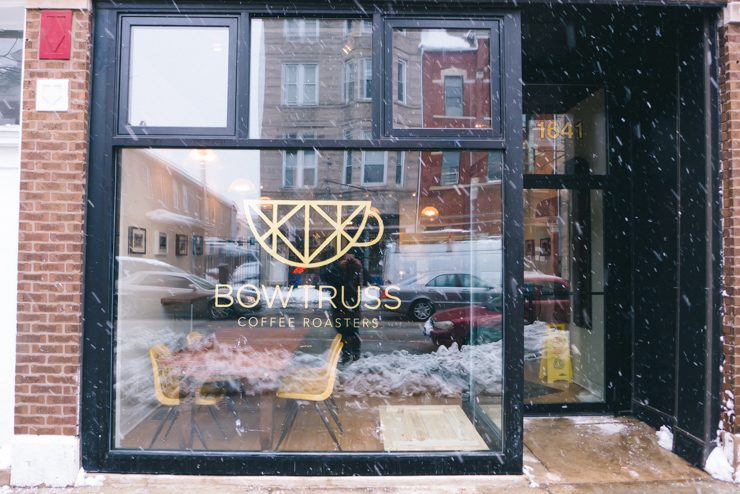
Last week we shared with you on a series of incidents involving Bow Truss Coffee’s new location in the Pilsen neighborhood of Chicago. The story largely played out in comments wars—not exactly the most useful way to understand this story’s complex context. To dig deeper, Sprudge Chicago reporter Eric Perez spent time drinking coffee, taking photos, and talking with folks at Bow Truss Pilsen.
There’s been a lot of talk about Bow Truss Coffee Pilsen in recent weeks, from stories by DNAinfo Chicago and Eater Chicago making waves all the way up to the Chicago Tribune. It’s been a whirlwind of chatter not about the cafe itself, but about what a cafe like this represents in the changing community of Pilsen.
Walking down the block of 18th street near Paulina [pronounced paul-EYE-nah], the first thing you’ll notice is a large Dunkin’ Donuts on the corner. Its branding stands out from the rest of the shops. Bow Truss Pilsen—which sits slightly off center in the block—has its own recognizable vibe. Like both other Bow Truss locations in the communities of Lakeview and River North, the golden bow truss cup logo illuminates a single, large window in familiar fashion.
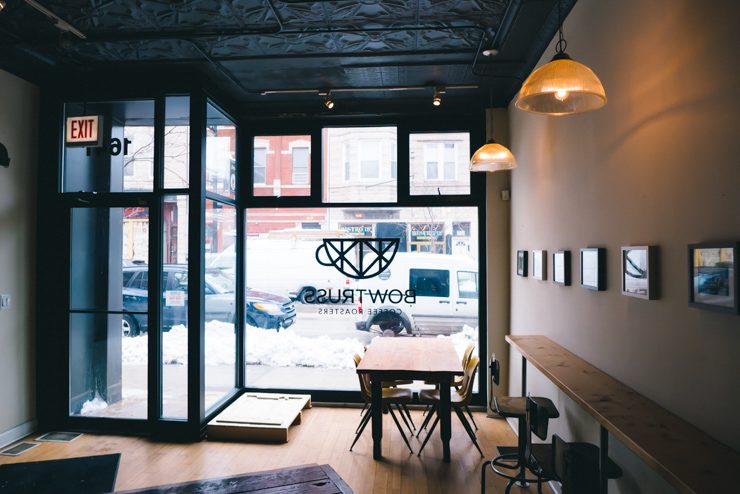
Stepping inside is like visiting the River North Bow Truss, with a similar layout and a counter greeting you at the far end of the space. Stools line one wall for seating, there’s a four-seat table by the window, a small picnic-style table sits in the center, and a raised arcade cocktail table with two old stools stands at the opposite wall. Photos currently hang on the wall, and displays change regularly to showcase Pilsen or other Chicago-based artists.
Other familiar Bow Truss touches include a sliced-in-half canoe, which acts as display shelving for the current lineup of freshly roasted coffee, mugs, hoodies, and other assorted coffee gear from grinders to filters. Another recognizable element is the presence of SirCase speakers—reclaimed suitcases fashioned into speakers—which hang in a row above the counter.
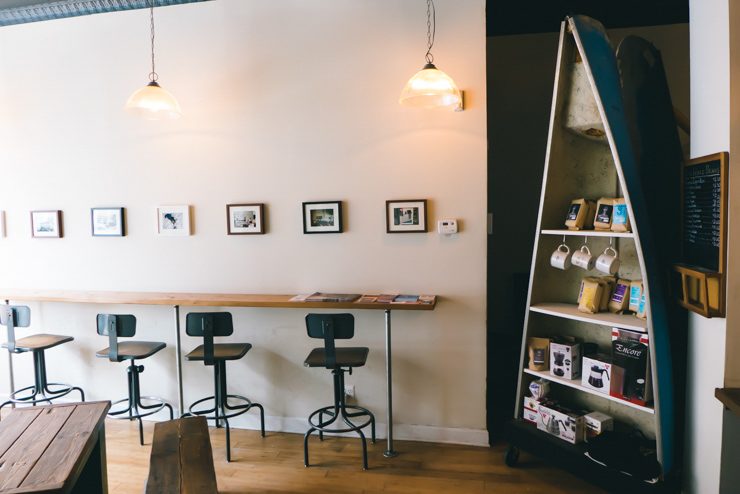
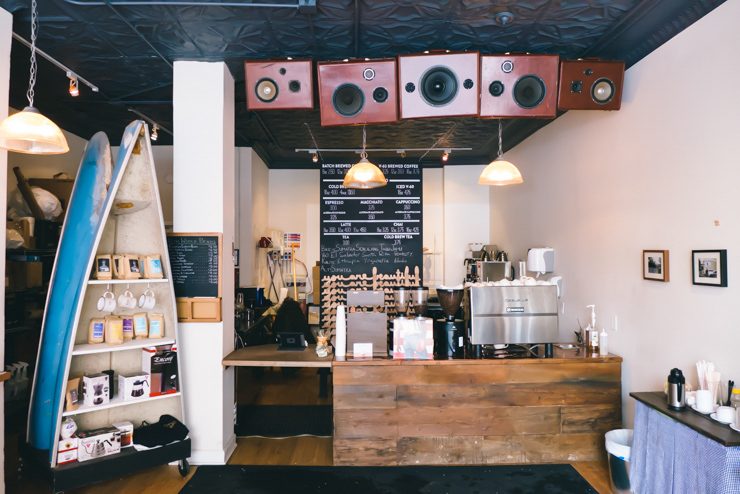
The menu is similar to what you’d find at most specialty coffee shops. There’s a variety of brew choices ranging from Fetco to pour-overs such as a Chemex for two, Hario v60, or Kalita to highlight their current offerings. Espresso drinks are pulled on a 2-group Rancilio Classe 9 Xcelsius Tall and Mahlkönig grinders.
In all, the space comes off as well designed, inviting, and focused on making a great cup of coffee. This, however, was used as the basis for the initial backlash and round of hostile signs taped to the store’s front windows. For many, Pilsen represents a battleground for not only Chicago’s longstanding struggles with race, gentrification, and neighborhood classism, but the general craft food, specialty-everything movement as a whole.
The signs bore out a general anti-gentrification sentiment (in English only) in the first round, and were followed by a course-correcting bilingual pitch toward the Mexican community of the neighborhood in the second round of protest postering.
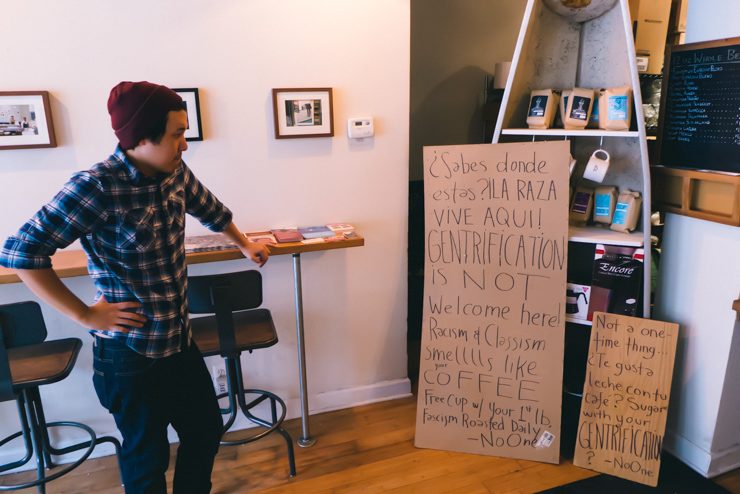
There is no doubt that this is and has been a complex issue for Chicago and many communities as a whole. As a former Pilsen resident—five years ago—there was a time when there were no specialty coffee shops in the neighborhood. The choices for coffee were slim, but this was the case through many of Chicago’s neighborhoods, which may have had only one or two longstanding cafes. Since then, the boom of specialty coffee shops, craft cocktail bars, and buzzworthy restaurants has taken rise.
What seems to be different is that change, or gentrification, or however we want to talk about it, is playing out in Pilsen at its own particular pace. Another once-predominantly Latino neighborhood, Logan Square, has seen booming, widespread changes in culture and property value unfold in rapid succession over the last ten years. By comparison, the socioeconomic (and food) climate change in Pilsen is happening gradually, with places like Nightwood and the recent and all-encompassing Thalia Hall at the forefront.
I recently spoke over the phone with Phil Tadros, owner and founder of Bow Truss, to talk more about small business, gentrification, and community.
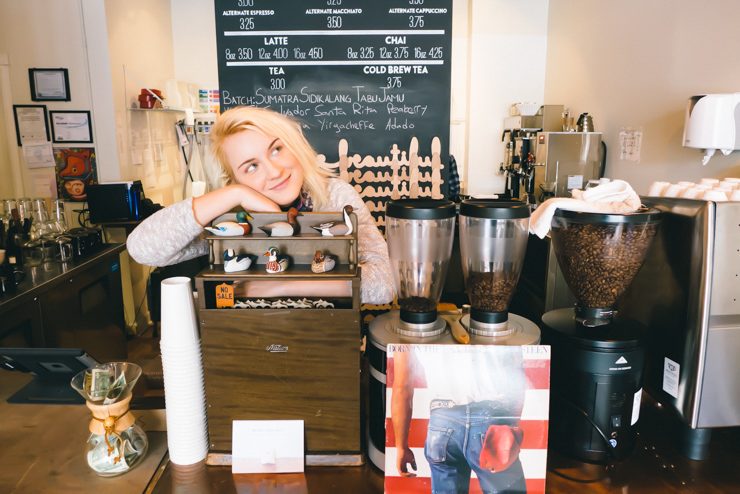
Your new Pilsen cafe is only part of continued citywide growth for Bow Truss. Can you tell us more about your plans?
I’d say Bow Truss four is going to be in Logan Square then Bow Truss five is going to be in the Loop at Michigan and Jackson. Then Hubbard Street [a planned roasting facility]. Probat is delivering our new roaster next week. We’ll be able to do three times the capacity.
As an owner, what are your feelings towards recent events at Bow Truss Pilsen?
Well, you know, it’s disheartening. You don’t want to think there’s negativity around what you’re trying to do and you think what you’re doing is positive. You know it’s also like, “Who is this person?” [This] mystery person who helps be the voice of other people that haven’t spoken up before? So, on the one hand it’s a good thing to bring [the problem of gentrification] up because it exists and on the other hand it’s a negative that there’s not a person to talk to specifically.
Did you fear you were going to face anything like what happened while building out the cafe?
No, I didn’t. It never crossed my mind. In general we have a history of creating communities. People walking in and wanting us to get involved [in local events] and we say yes more often than not. We’re open to being involved and helping and saying yes. I don’t know what I can do for the people who are like, “Get out of here.” I’m sorry if I’ve offended, but if anybody wanted to go over a productive way to help out we’re in the business of that. Part of what we do is try and problem solve. At the end of the day we’re a startup, the numbers are growing, but it’s not covering itself yet, we’re providing jobs for people that live in the area, it was an empty storefront, and I feel like there were many positives.
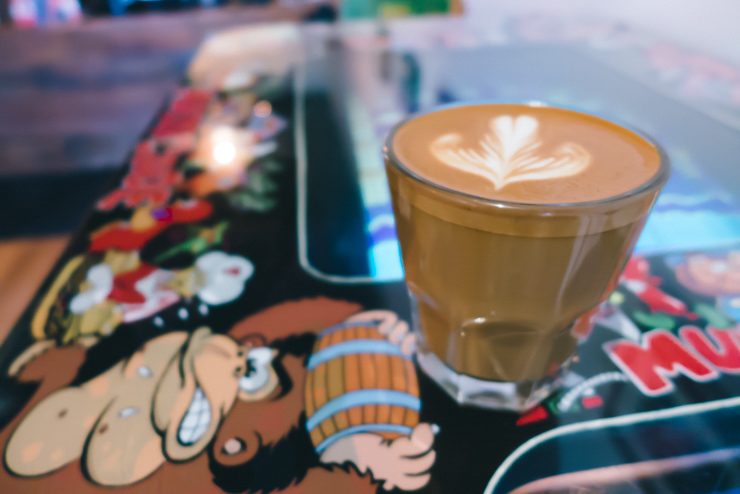
Our growth is based on people wanting our product. We’re not funded, we are growing because the demand is there. And I guess I’m just kind of honored to be involved because I’m so proud of our people, our talent, our roasters, baristas…our whole team is doing such an amazing job. I do my part and everybody does what they do best and I’m just really proud of our team because of [such] tremendous growth in such a short amount of time.
Eric Perez is a Chicago-based writer and entrepreneur. Read more Eric Perez on Sprudge.








